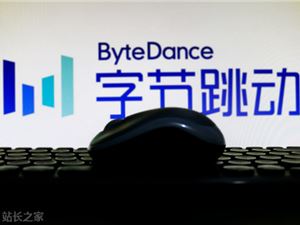AIbase Report - After launching the Phone-Use product AutoGLM in October last year, Zhipu officially released a major upgrade version of AutoGLM2.0 today. The new version breaks through hardware limitations and can run on any device and in any scenario, marking the arrival of the mass popularization era for AI agent operations.
Although AutoGLM1.0 pioneered the concept of AI performing mobile phone operations on behalf of users, its application scenarios were relatively limited. After nearly a year of iteration, AutoGLM2.0 has evolved into a true execution-type AI assistant that can independently complete diverse tasks in the cloud.
In daily life, AutoGLM2.0 supports operating dozens of high-frequency apps such as Meituan, JD.com, Xiaohongshu, and Douyin. Users just need a single voice command, and the AI can automatically complete tasks such as ordering takeout, booking flights, and searching for housing, even helping users purchase their "first cup of milk tea in autumn."
In the work domain, AutoGLM2.0 demonstrates powerful cross-website execution capabilities. It can skillfully operate web platforms such as Feishu, NetEase Email, Zhihu, Weibo, Douyin, and Weitoutiao. From information retrieval and content writing to generating videos, PPTs, or podcasts, and directly publishing content on social media platforms like Xiaohongshu and Douyin, it forms a complete work cycle.
The core innovation of AutoGLM2.0 lies in equipping the AI with a dedicated smart phone and smart computer for the AI agent. This design allows the AI to work independently in the cloud without occupying users' local device resources. During the AI's task execution, users can still use their phones to watch Douyin or play games, achieving real background intelligent services.
The release of AutoGLM2.0 marks the transition of AI agent operation technology from conceptual verification to mature commercialization. Through a cloud deployment model, Zhipu has successfully solved two major technical pain points: device compatibility and resource consumption, paving the way for the large-scale popularization of AI assistants.










